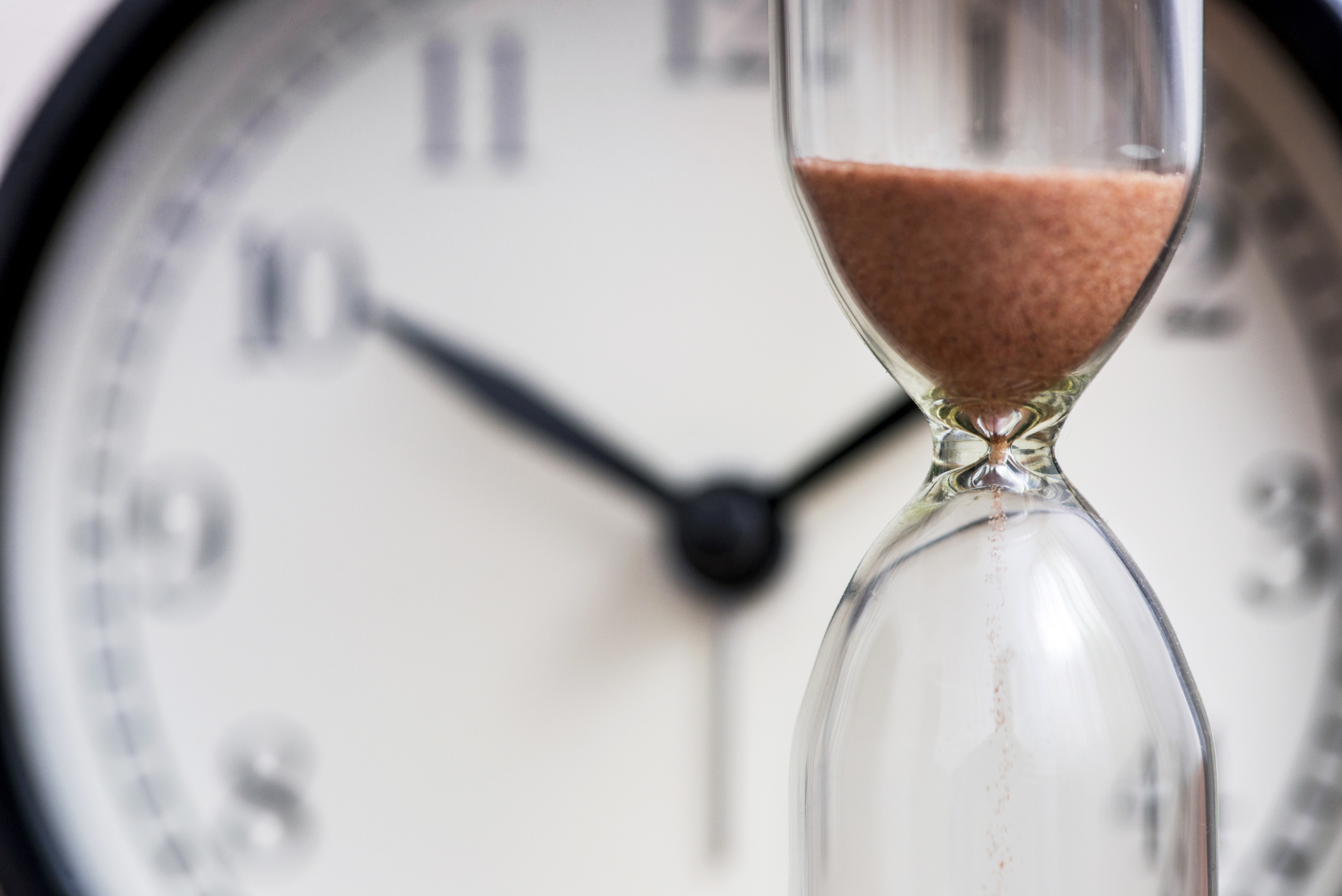In a society that has become accustomed to on-demand entertainment and news, same-day delivery, and information at our fingertips, the supply chain log jam is forcing people to develop more patience. Research suggests that cultivating patience may be a very good thing for our health and overall well-being.
“Patience is a virtue, possess it if you can.” This well-known expression we may have heard often in childhood can be traced back to a Latin expression, “maxima enim, patientia virtus”(patience is the greatest virtue). There may be something to the association between patience and virtue.
According to a recent CNN Stress, But Less interview, researchers have found that while impatience can have some benefits, such as preparing us for action and focusing our attention, if left unchecked can lead to anxiety, a rapid heart rate, and a stress response in the body. Even if you’re not naturally patient, it is a skill that can be developed gradually over time with mindfulness or meditation. Learning self-control helps people cope better during difficult situations and studies show that patient people have more empathy for others.
By developing greater self-awareness and the ability to see a situation from someone else’s perspective, patience as a habit can lead to more positive emotions, greater life satisfaction, a sense of hope, and higher self-esteem. Emotional well-being can also translate into fewer health problems worsened by stress such as headaches, ulcers, and digestive issues.
Stuck in a long line at the cash register? Waiting in traffic to get home after an exhausting day? These are opportunities to practice patience and in time, the benefits will become clear. It won’t be instant, but even within a few weeks, people who adopt a patience habit will start to notice the change in themselves and how they interact with others.






Add Your Voice
0 Comments
Join the Discussion